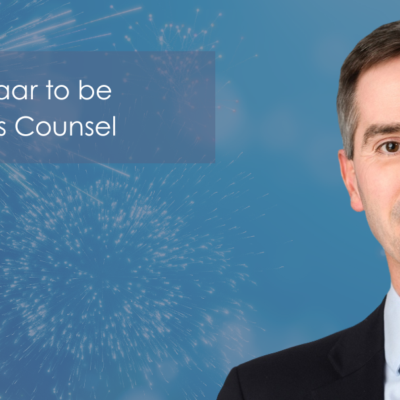The Supreme Court’s judgment in three conjoined appeals in Hopcraft v Close Brothers Limited [2025] UKSC 33 (“Hopcraft”) was handed down on 1 August 2025. In each of the appeals the customer had agreed to purchase a vehicle from a motor dealer but required finance to complete the purchase. The motor dealer introduced the customer to the lender and acted as a credit broker. The customer entered into a hire-purchase agreement for the motor vehicle with the lender. There was no contract between the motor dealer and the customer. The lenders paid a commission to the motor dealers as part of each transaction.
The Supreme Court have turned what practitioners and Courts alike considered was the law at Court of Appeal level on its head by overturning the Court of Appeal’s judgment in Wood v Commercial First Business Limited [2022] Ch 123 and, more significantly, overturning the Court of Appeal’s judgment as to the level of disclosure required to negate secrecy in Hurstanger Limited v Wilson [2007] 1 WLR 2351. There is no longer the distinction between “fully secret commissions” and “half-secret or partially disclosed commissions”.
In summary in relation to secret commission claims, the Supreme Court in Hopcraft found that:
- The tort of bribery exists and should not be abolished. There was no separate “disinterested duty”. Both the common law tort of bribery and the equitable cause of action of acting in breach of fiduciary duty (for the recipient of the secret commission) or procuring a breach of fiduciary duty (for the payer of the secret commission) required there to be a “fiduciary duty” owed by the motor dealer to the customer.
- There was no such concept as a “half-secret” commission or “halfway” house as found in Hurstanger. If a fiduciary duty existed and a payment was made to the fiduciary both the fiduciary and the person who paid the bribe would be liable at common law unless the principal gave his or her informed consent.
- The motor dealers did not owe fiduciary duties to the customers. The motor dealer did not give any express undertaking or assurance to the customer that it was putting aside its own commercial interests in favour of the customer’s interests. The continuing status of the motor dealer as an arm’s length party to a commercial negotiation pursuing its own separate interests was irreconcilably hostile to the recognition of a fiduciary obligation.
- Liability for the payment of a bribe does not arise in these appeals because the motor dealers were not the customers’ fiduciaries.
- Whilst any conclusion on accessory liability for breach of fiduciary duty was academic, the Supreme Court confirmed that a finding of dishonesty on the lender’s part would be necessary.
David Lord KC and Stuart Cutting are counsel on behalf of the energy supplier in Expert Tooling and Automation Limited v ENGIE Power Limited. Judgment before the Court of Appeal in those proceedings has the neutral citation [2025] EWCA Civ 292 and the listing of the appeal to the Supreme Court is awaited. David and Stuart will explore the issues around secret commission claims arising following Hopcraft on the 18 September 2025 at our forthcoming event Secret commissions and unauthorised profits: the latest developments.
You can register for the event here.


![Associated Installations Limited v. All Asbestos Limited [2025] EWCC 76](https://threestone.law/wp-content/uploads/2024/01/Hallett_Katherine-400x400.jpg)



